Tackling soil compaction
Boosting farm efficiency
Henrik Strampe manages the 5th-generation family farm in Gienau, Lüneburg, with a strong emphasis on high-quality potato varieties. Henrik's goal has been to enhance the efficiency of his farm operations while reducing costs and environmental impact. Like many modern farmers, he understands that harnessing technology can greatly contribute to achieving this goal.
The challenge: unseen soil compaction
Henrik faced a challenge that affected not only his farm's productivity but also its long-term sustainability – soil compaction. The heavy machinery used for planting, tilling, and harvesting compacts the soil, reducing its fertility and inhibiting root growth. As a result, his crop yields were diminishing, and the costs of fuel and maintenance were steadily climbing. Deep tillage, while effective in soil loosening, comes at a significant cost and demands considerable time.
Traditionally, determining the location and severity of the soil compaction requires educated guesswork and laborious manual measurements. But what if the farmer knew soil compaction levels across the field on the fly, during cultivation, so that he can decide where and how deep to till?
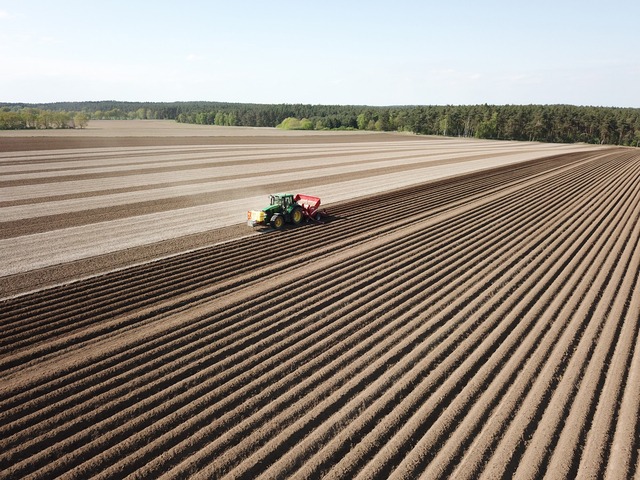
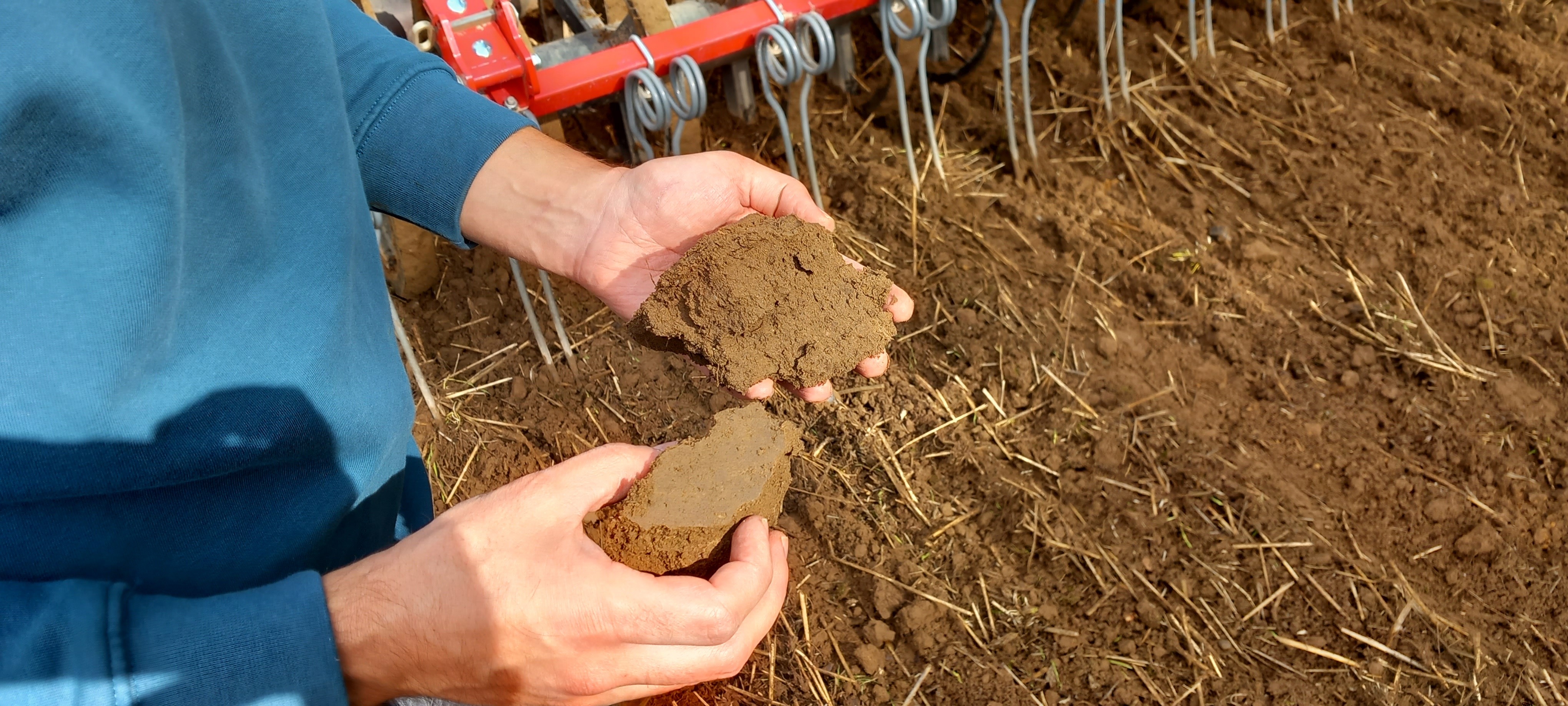
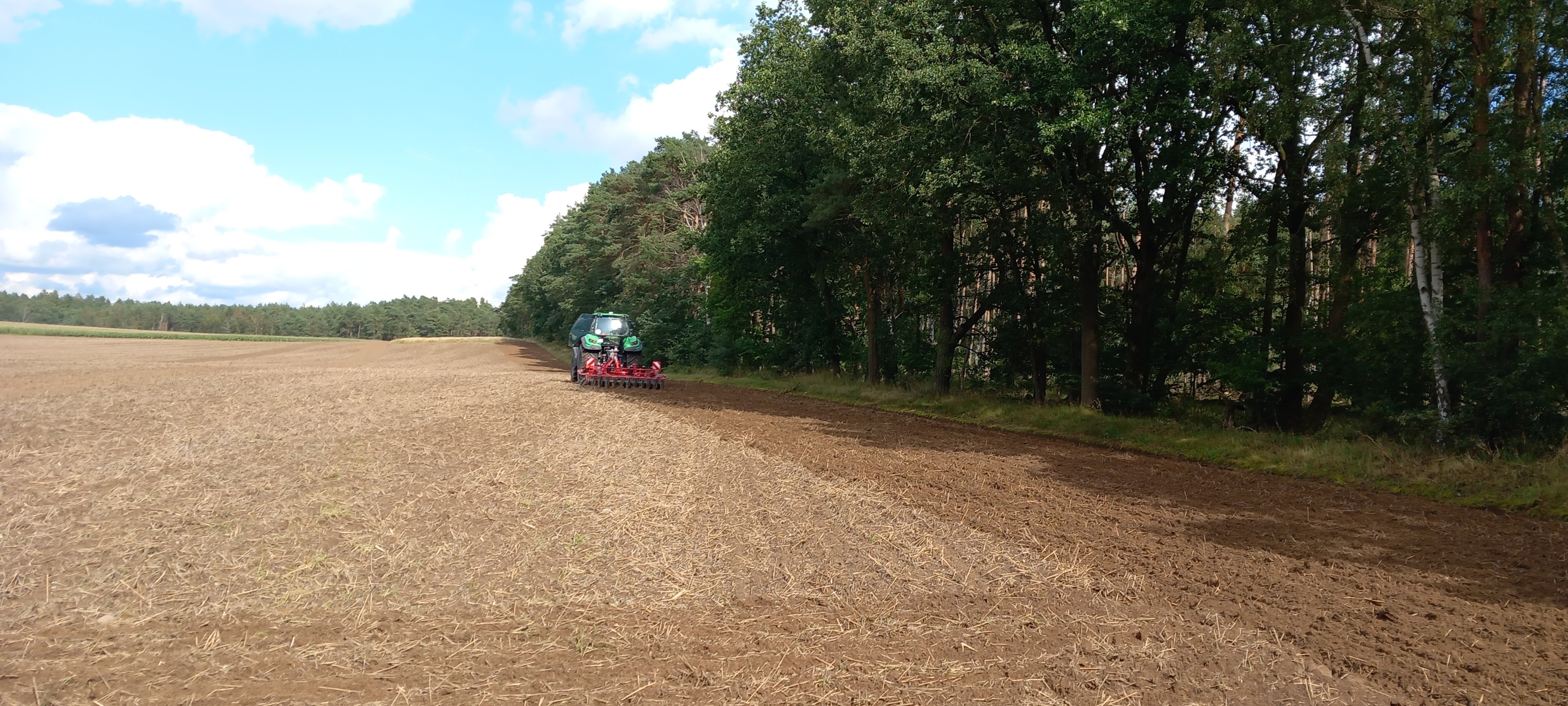
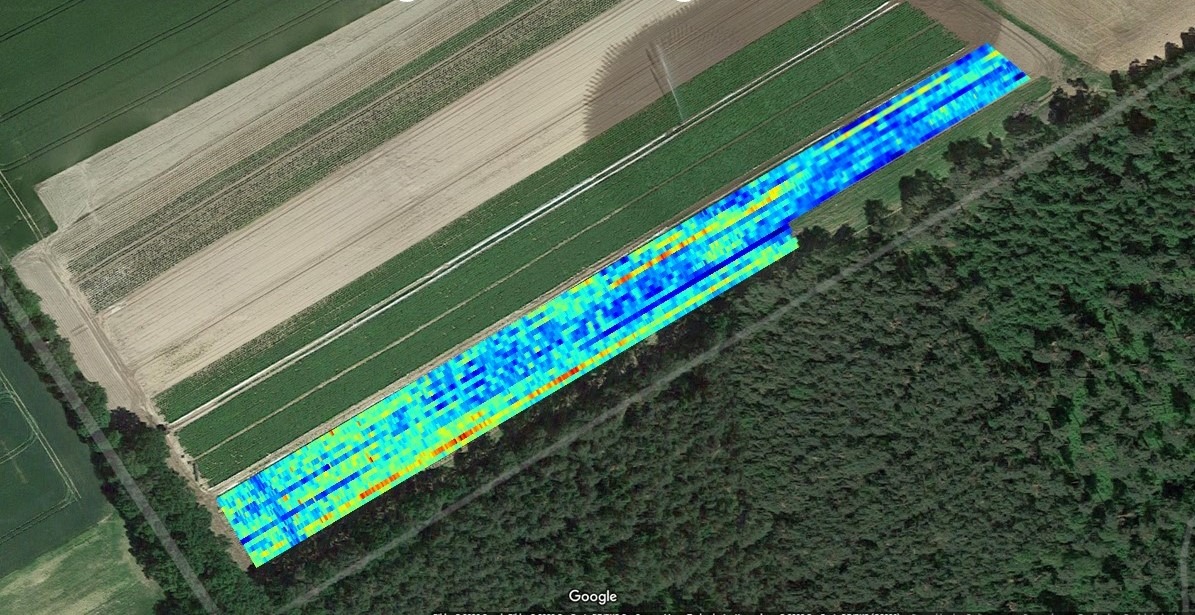
Monitoring soil compaction
We set out to integrate force sensors on two selected spots of a cultivator. Our technology stack, inherited from our SmartScrew System, captured the loads as the tractor drove through each lane. Putting it all together we generated a field map where the red spots show areas with higher soil compaction. “The map really corroborates my experience, showing areas where I’d expect more soil compaction. But revealed areas where there was minimal soil compaction. That will help me save time and fuel.”, said Henrik.
As a test, we drove through the same lane twice at the same speed to compare results. As expected, it showed a less compacted soil. Our system provided real-time data on soil density variations, enabling Henrik to make informed decisions about the location of soil compaction and about tillage depth.
The impact: increased yields and sustainability
With more precise and faster soil compaction data, Henrik can optimize his planting and tilling processes. He adjusted the depth of his machinery according to real-time soil conditions, ensuring minimal compaction while still achieving efficient tillage.
Before: Traditional farming methods often lead to over-compacted soils, diminishing crop yields and escalating operational costs. The lack of real-time data hinders decision-making and sustainability efforts.
After: Henrik's farm represents a path forward. Data-driven insights will lead to increased yields, reduced costs, and minimized environmental impact. It's a win-win for the farmer and the planet.
The positive impact: Our solution will empower farmers like Henrik with the tools to tackle soil compaction efficiently, enhancing agricultural sustainability while boosting productivity. This gives the farmers the tools to contribute toward a more sustainable and productive future.
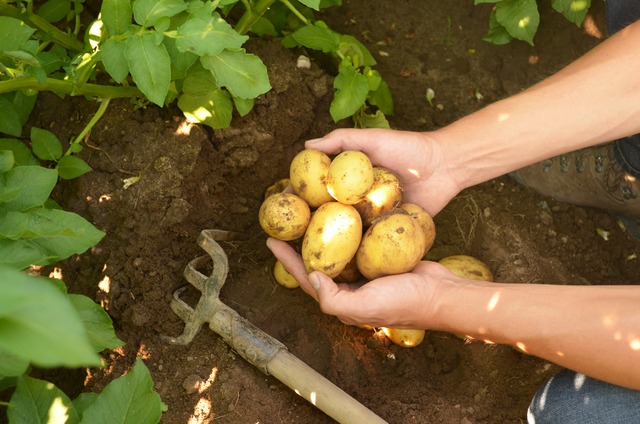
Join the movement towards sustainable agriculture
The challenges we face with soil compaction are not unique to Henrik. They are shared by all of us who depend on agriculture. Numerous international policy frameworks, such as the UN sustainable development goals, address land and soil. It's a problem that affects food production, carbon capture, groundwater reformation, loss of topsoil, and many others. It’s about the sustainability of our planet.
Why should you care?
- Farmers: As early adopters, you have the opportunity to optimize your yields, reduce costs, and contribute to sustainable farming practices. Embrace innovative solutions that transform your farming operations.
- Digital farming providers: Our solution can complement your existing offerings, enriching your digital farming toolkit. Partner with us to provide your customers with the critical soil compaction insights they need.
- Investors: Be part of a solution that addresses not just a farming issue but a global challenge. Invest in technologies that pave the way for sustainable agriculture, making a positive impact on food security and environmental conservation.
- Policy makers: Advocate for policies that promote the adoption of soil compaction monitoring systems. By supporting sustainable agricultural practices, you contribute to achieving multiple UN sustainable development goals.
- OEMs: Collaborate with us to integrate soil compaction monitoring systems into your equipment. Enhance the value of your machinery and lead the way in sustainable agriculture.
Now is the time to act – our shared future depends on it.
